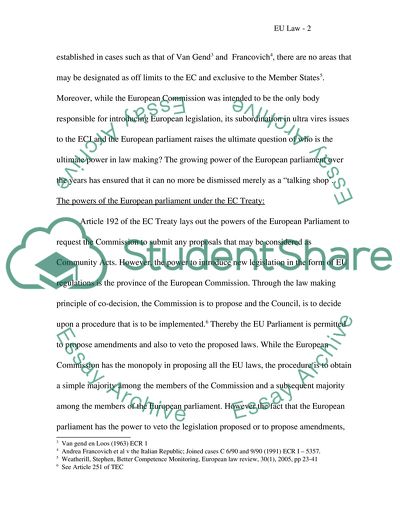Cite this document
(European Law Assignment Case Study Example | Topics and Well Written Essays - 2500 words, n.d.)
European Law Assignment Case Study Example | Topics and Well Written Essays - 2500 words. https://studentshare.org/law/1703279-european-law-assignment
European Law Assignment Case Study Example | Topics and Well Written Essays - 2500 words. https://studentshare.org/law/1703279-european-law-assignment
(European Law Assignment Case Study Example | Topics and Well Written Essays - 2500 Words)
European Law Assignment Case Study Example | Topics and Well Written Essays - 2500 Words. https://studentshare.org/law/1703279-european-law-assignment.
European Law Assignment Case Study Example | Topics and Well Written Essays - 2500 Words. https://studentshare.org/law/1703279-european-law-assignment.
“European Law Assignment Case Study Example | Topics and Well Written Essays - 2500 Words”. https://studentshare.org/law/1703279-european-law-assignment.


